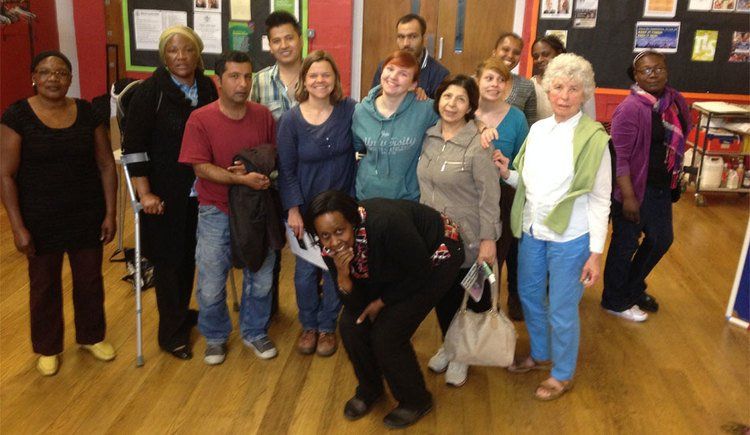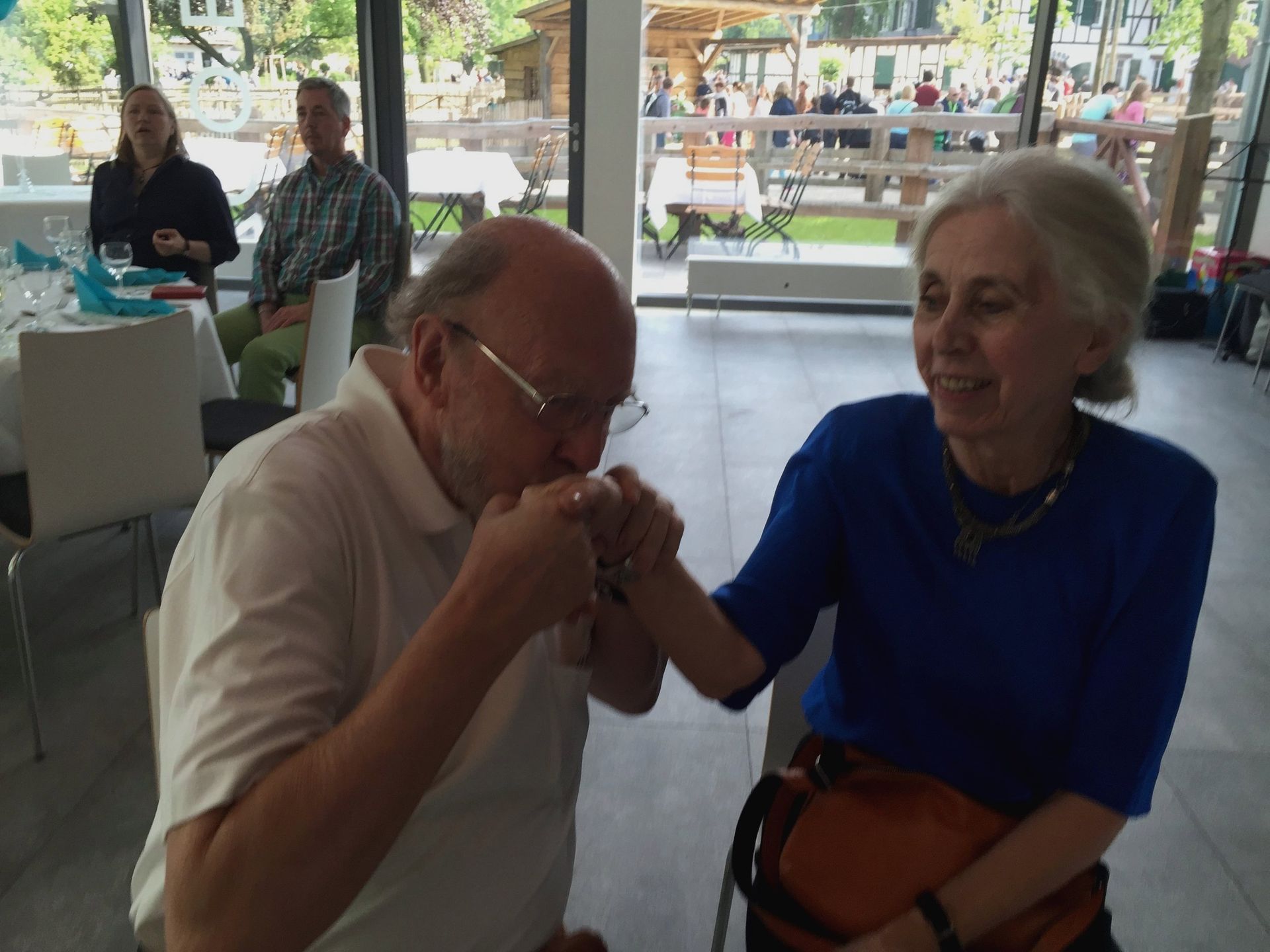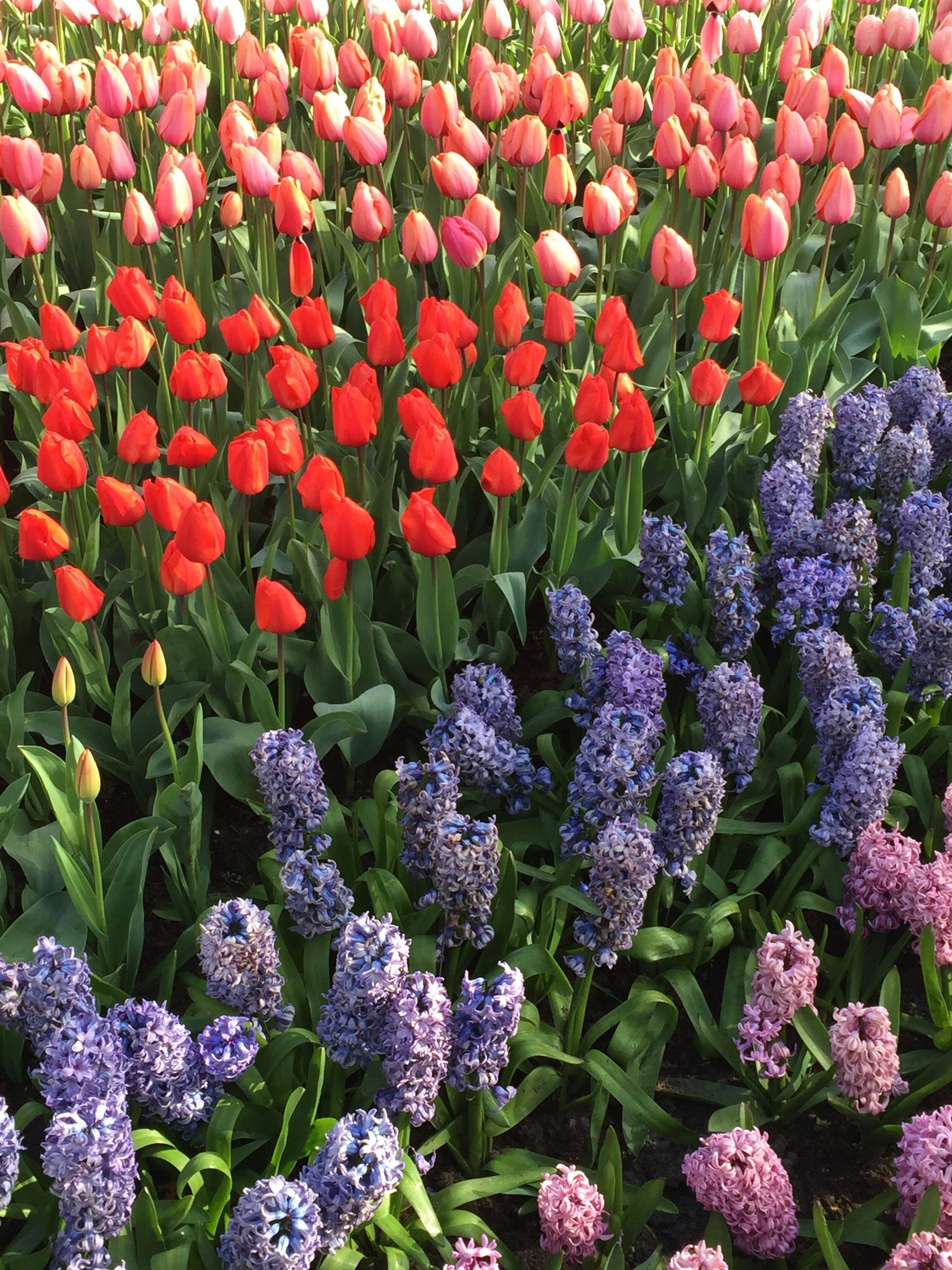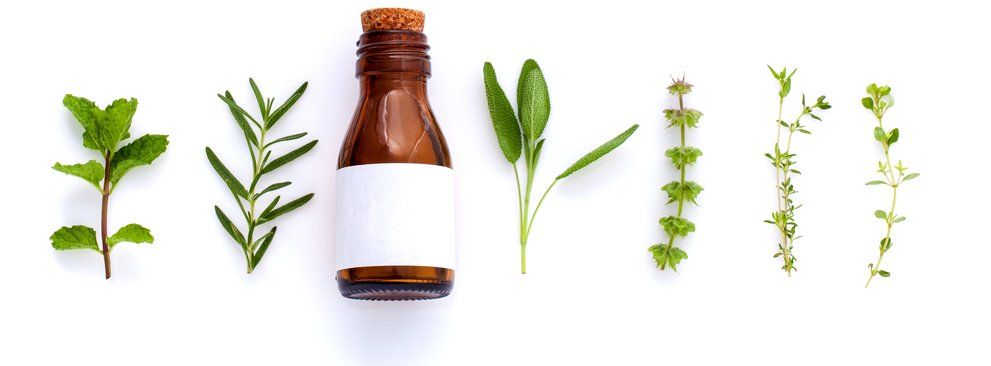
This article first appeared in an Ezine by the Centre for Homeopathic Education (CHE) in June 2014. CHE Alumni Tina Neumann tells us about her homeopathic clinic in south London for asylum seekers. "My association with Southwark Day Centre for Asylum Seekers began back in January 2011. I had gained a CELTA certificate to teach English to speakers of other languages (ESOL). I figured that a voluntary position, one day a week, would complement my existing 2 days a week private homeopathy practice and my busy family life. Following up an introduction from my teacher training school, I began working with SDCAS.
The charity has always sought "to help relieve poverty and distress, and to promote health and further education for asylum seekers and refugees...(and aims) to provide a wide range of holistic services which support, promote and secure the rights of asylum seekers and refugees in LB Southwark." I felt that I might be able play a small part in their objectives, which have, since their inception, included providing general advice and help, whilst also facilitating access to a range of mainstream services with particular emphasis on health, housing, employment, training, education and asylum issues.
So I began to teach English, but I also increasingly saw, as time went by, that my other training (and "day job") as a homeopath could be put to use in this setting. Access to the NHS is still a major issue for refugees and asylum seekers in London today.
I approached the Day Centre Coordinator about setting up a homeopathy clinic to complement the other health services, and fortunately the idea was met with enthusiasm. I volunteer my time and initially I bore the cost of the remedies.
I took polycrests and "kit" remedies in 30/200c, and my Sulis remedy machine. I then added a bundle of small, plastic sealable dispensing packets, labels, unmedicated pills and some pens. I also organised a new file to contain a number of individual A4 plastic folders and some writing paper for patient notes and prescriptions. As I already use these items in my own private practice, I had them to hand and just had to find a brand new file, which I could leave on the clinic premises in a secure, locked cabinet.
On the day before the first clinic session, I double checked my "equipment kit" and decided I was ready. At this point, however, I began to feel insecure about myself: would I understand my clients? be able to hear them? have enough time for them? prescribe on the spot?
At the first clinic, I saw six patients and figured I was busy. The second and subsequent clinics were even busier, with me seeing as many as fourteen patients on one occasion. The first clinic had begun at just before 1pm and ended promptly at 3pm, when we had to leave the hall. Many of the complaints are muscular skeletal, whilst Aurum, Arsenicum and "Poppy" cover many of the mental/emotional symptoms I encounter in patients. A major addition that I made after the first clinic, was that I started to use Narayani remedies in the clinic, and found very positive results. A typical prescription might include a Narayani remedy, a miasm remedy and usually also an organ support.
Gratifyingly, the repeat patients I see report positive feedback, and new ones come on recommendation. What has really interested me is the almost unquestioning uptake of the homeopathy; after an initial question or two about treatment I have only positive feedback on the clinic.
On a personal note my eyes have been opened to the level of deprivation that I never imagined existed in the UK before my introduction to SDCAS. The Charity does a fantastic job but, as with all charities these days, is desperately under-funded and exists in a real hand-to-mouth way. Anyone who has further interest in helping please email them office@sdcas.org.uk. Pictured clients and workers at SDCAS.

My background, first as a City moneybroker and later as a Eurobond Trader, gave me an interesting and not always compliant viewpoint of alternative medicine. However, I ended up embracing it, in spite of myself, after some life altering experiences which were assisted with the help of homeopathy...





ARRANGE A CONSULTATION
Homeopathy aims to increase a person's vitality and energy. I will look at all aspects of why you are not feeling your best.

